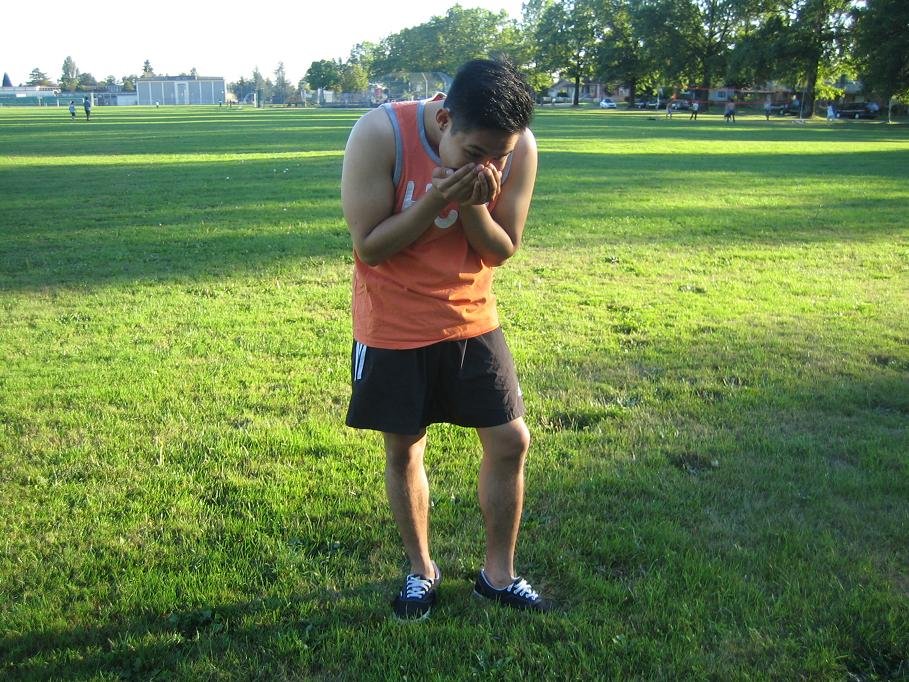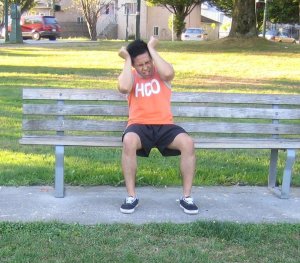Bruxism is a condition in which a person grinds or clenches the teeth. An individual suffering from bruxism can unconsciously clench the teeth together during the day and during night which is called as sleep bruxism that is considered as a sleep movement disorder. People who grind or clench their teeth during sleep can suffer from sleep disorders such as snoring and sleep apnea or pauses in breathing during sleep.
Symptoms of bruxism
- Increased sensitivity of the teeth
- Teeth grinding or clenching which can be loud enough to awaken a sleeping partner
- Worn out tooth enamel and exposed layers of the teeth
- Jaw or facial pain or soreness
- A dull headache on the temples
- Pain that is similar to an earache
- Tired or tight jaw muscles
- Indentations on the tongue
- Damage from chewing on the inside part of the cheek
A dull headache on the temples
If the teeth are damaged or sensitive, worn out, locked jaw that will not open or close completely as well as pain in the face, jaw or ear, seek medical help immediately.
Causes
- An aggressive, competitive or hyperactive type of personality
- Triggered by emotions such as anger, frustration or tension, stress and anxiety.
- Stomach acid reflux into the esophagus
- Misaligned upper and lower teeth or malocclusion
- Sleep apnea
- Reaction to pain from an earache or teething in children
- A coping strategy or focusing habit
- Complication due to conditions such as Huntington’s disease or Parkinson’s disease.
- Side effects of psychiatric medications such as phenothiazine or antidepressants
Treatment
- Minimize being stressed out helps in preventing bruxism. Stress can be relieved by performing exercises or meditations as well as attending stress counseling. Go to bed and wake up in the morning at the same time of the day. Take time to unwind such as having fun with friends. Eat a well balanced diet helps make a person feel more balanced and less irritable.
- Stop drinking coffee, soda and energy drinks and minimize consumption of chocolates. Coffee is a stimulant and causes difficulty in relaxing the mind and the muscles of the jaw especially at night.
- Avoid consumption of alcohol to prevent the condition from worsening.
- Avoid chewing non-foods such as pencils or pens when feeling stressed out. Just chew on gums or mint when there is an urge to chew.
- If the jaw is tense or the teeth are gritted together, place the tip of the tongue between the teeth to help in relaxing the jaw.
- Take calcium and magnesium supplements which are needed in the proper functioning of muscles and health of the nervous system and also helps minimize issues with tension, clenching and other problems with the muscles.
- Soak a small washcloth in hot water and place it against the cheek in the front of the earlobe. This helps in relaxing the muscles and minimizes clenching of teeth.
FACT CHECK
https://www.webmd.com/oral-health/guide/teeth-grinding-bruxism#1
https://en.wikipedia.org/wiki/Bruxism
https://www.mayoclinic.org/diseases-conditions/bruxism/symptoms-causes/syc-20356095

